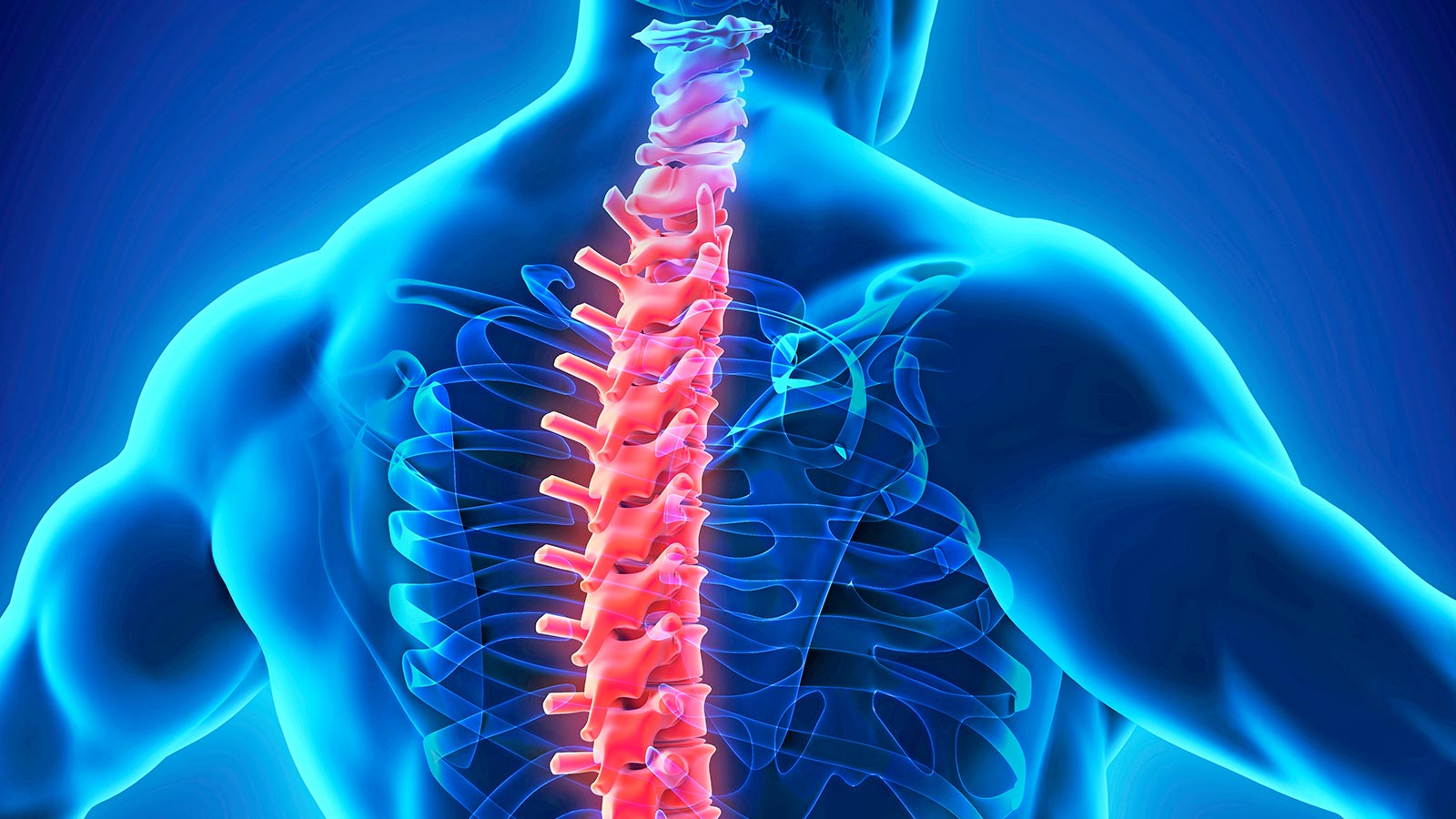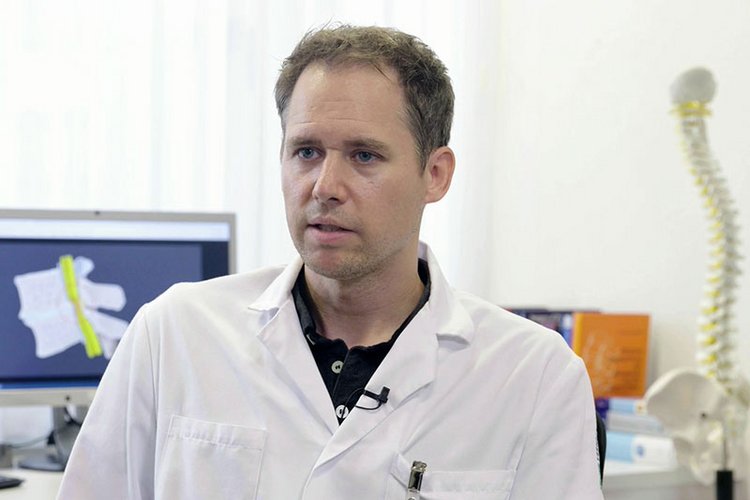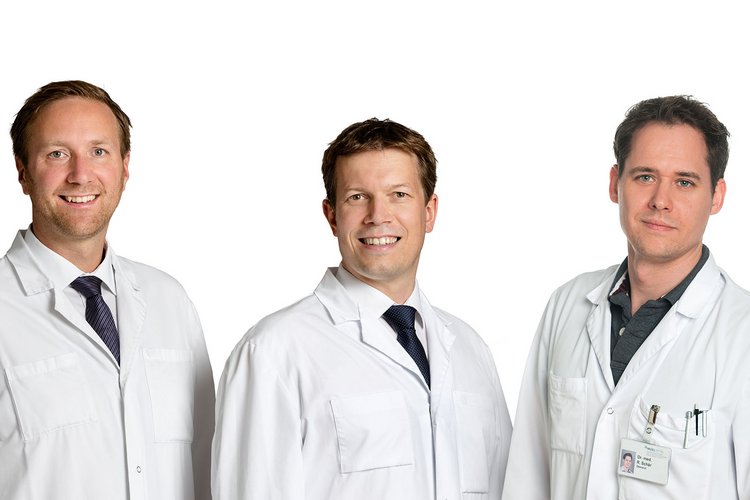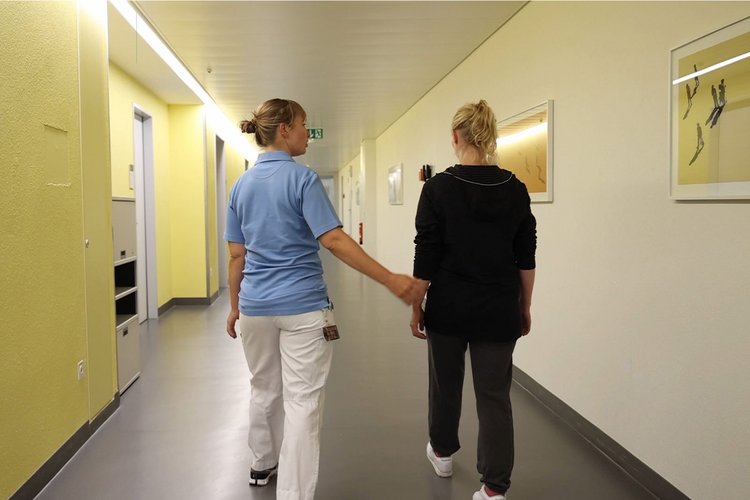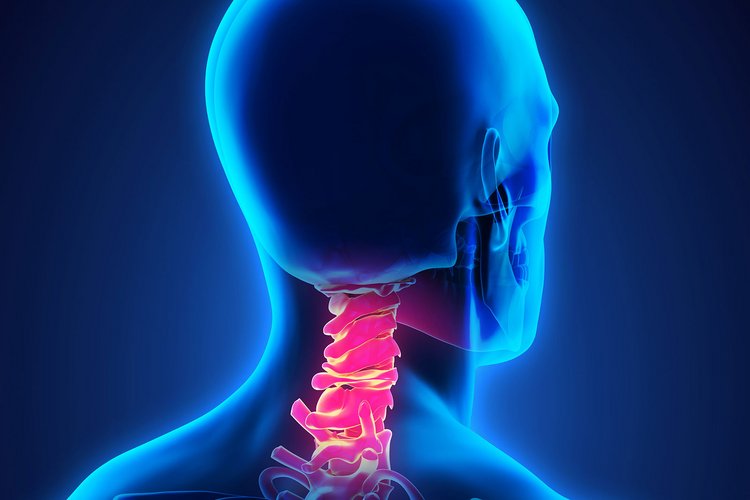
Research in spinal surgery is crucial to the continuous improvement of treatment for common and complex back problems such as herniated discs, spinal stenosis and vertebral fractures. New, less invasive techniques, modern implants and regenerative approaches can improve patients' quality of life and shorten recovery times. At the same time, research helps to reduce complications and long-term effects. The development of personalized therapies also allows individual needs to be taken into account in a more targeted manner and treatment outcomes to be further optimized.
Where does spinal surgery stand today?
In recent years, there has been significant progress in spine surgery, particularly through minimally invasive techniques and the integration of robotics and navigation technology. These innovations enable more precise procedures with smaller incisions, which reduces the risk of complications and recovery time for patients.
Advances in imaging, such as intraoperative 3D scans, are helping to make complex surgeries safer.
In the future, regenerative procedures, such as the use of stem cells or biological materials, could be further developed to repair damaged tissue and restore the function of the spine in the long term.
In addition, the use of artificial intelligence is likely to support surgical planning and execution by enabling personalized treatment concepts and more precise prognoses.
Your donation can help with
- the financing of clinical studies: Donations could help to finance clinical studies that evaluate new surgical techniques, implants or postoperative therapies. These studies are often very expensive, but necessary to safely and effectively transfer innovations into clinical practice.
- the development and improvement of implants and materials: research into biocompatible and more durable materials for spinal implants is an important area. Better implants could reduce the risk of complications such as loosening or infection, thus sustainably improving the quality of life for patients.
- the research for improved imaging and navigation: Donations would enable the development and testing of new imaging and navigation systems that increase the precision of interventions and make minimally invasive procedures safer. For example, 3D imaging and robot-assisted surgery enable more precise interventions, which is particularly important for complex spinal disorders.
- the research in pain management and post-operative rehabilitation: Donations can also be used for research into better pain therapies and rehabilitation programs to support the healing process and improve long-term quality of life after surgery. Innovative approaches such as personalized physiotherapy programs and neurostimulation techniques could be researched here.
Donate to our research in the field of spinal surgery
VANCO study
Suprafascial vancomycin powder for prevention of surgical site infections after instrumented posterior spinal fusion: A randomized controlled phase-II trial
We want to investigate whether the antibiotic vancomycin in its powder form, which is given into the superficial wound at the end of the operation, reduces the rate of surgical wound infections in open, instrumented (with a screw-rod system) surgery on the spine with posterior access. In addition, the safety and tolerability of this method should also be examined.
Vancomycin is an antibiotic that inhibits cell wall formation in susceptible bacteria. The drug has been used routinely worldwide for decades for the prophylaxis and therapy of certain bacterial infections. However, there is no official recommendation anywhere in the world, including Switzerland, for the use of the (undissolved) powder form for infection prophylaxis ("off-label" application).
| Head of study: | Prof. Dr. Ralph Schär, MD |
| Study coordinator: | Nicole Söll |
| Study identifier: | NCT04017468 |

